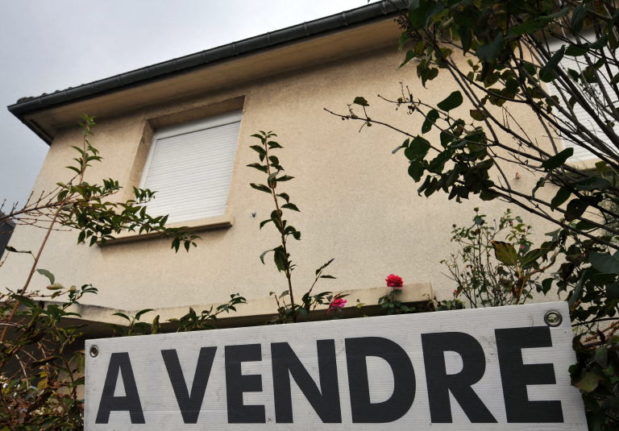France has 3.3 million second homes, representing 10 percent of the country's housing stock.
That's four times more than Germany, and over the past five years, the buying of second homes in France has gone up 1.7 percent.
And it means that some of France's small, rural areas have far more temporary residents than permanent ones.
Here's a look at five places in France with the highest percentage of second home owners in France, according to Le Telegramme.
READ ALSO:
- Where in France will a countryside home cost you the most?
- How to make friends with your French neighbours in rural France
- Ten things I wish I'd known before I moved to rural France
Uvernet-Fours
The tiny town of Uvernet-Fours in the Alpes-de-Haute-Provence department in southeastern France is so popular with second home owners that a whopping 92.3 percent of the properties there are owned by them.
Orcières
Another small town in southeastern France, Orcières is located in the Hautes-Alpes department. A total of 90.5 percent of properties here are second homes.
 Photo: Nirv75/Wikicommons
Photo: Nirv75/Wikicommons
La Fajolle
Still in the south of France but this time in the Aude department of the Occitanie region, La Fajolle is a beautiful spot to drink a cool glass of white wine during your summer holiday. But it's more than likely you'll be surrounded by others who have had the same idea, with 92 percent of the properties here owned by second home owners.

Photo: CartesFrance.fr
La Faute-sur-Mer
It isn't only the south of France which is popular with second home owners, of course. The west of the country also has a high number of temporary residents during the summer season.
A total of 85.2 percent of properties in La Faute-sur-Mer, a coastal town in the Vendée department in the Pays de la Loire region, are second homes.
 Photo: Pantoine/Wikicommons
Photo: Pantoine/Wikicommons
Vars
Nevertheless southern France does dominate, with Vars, a town in the Hautes-Alpes department in southeastern France dominated be second homes, which make up a total of 91.5 percent of the properties.
Vars is famous for its ski resort and benefits from good weather in the summer.
 Photo: Gargantua/Wikicommons
Photo: Gargantua/Wikicommons
However, not everywhere in France is in such high demand, which means there are bargains to be had.
The Indre-et-Loire department in west-central France has next to no second homes and the nearby department of Loiret is similarly unpopular with second home owners. Who needs the sunshine when you can have peace and quiet?




 Please whitelist us to continue reading.
Please whitelist us to continue reading.
Member comments